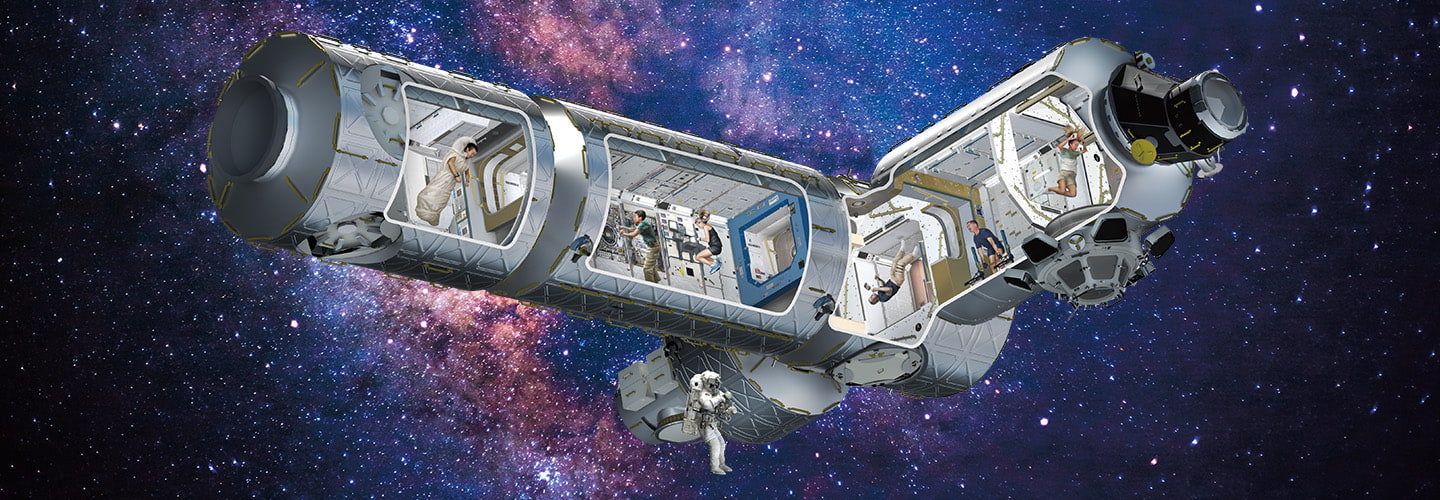SpaceX/NASA; Shutterstock.com (background)
Jeanette Epps
Many people take a car, train, or bus to work. To get to her job on March 3, astronaut Jeanette Epps blasted off in a rocket.
“It was like one of the most amazing rides at an amusement park,” she says.*
About 28 hours later, Epps and three other crew members arrived at the International Space Station (ISS). The giant space laboratory would be their “office” for the next six months.
Epps says one big challenge on the ISS is that the pull of gravity is much weaker than on Earth. Anything that’s not screwed in or strapped down floats away.
“You’ll work on something and turn around and it’s gone,” Epps explains.
Read on to find out more about Epps’ out-of-this-world workplace.
Note: All quotes are from interviews with students and reporters conducted in May 2024, via NASA Video

